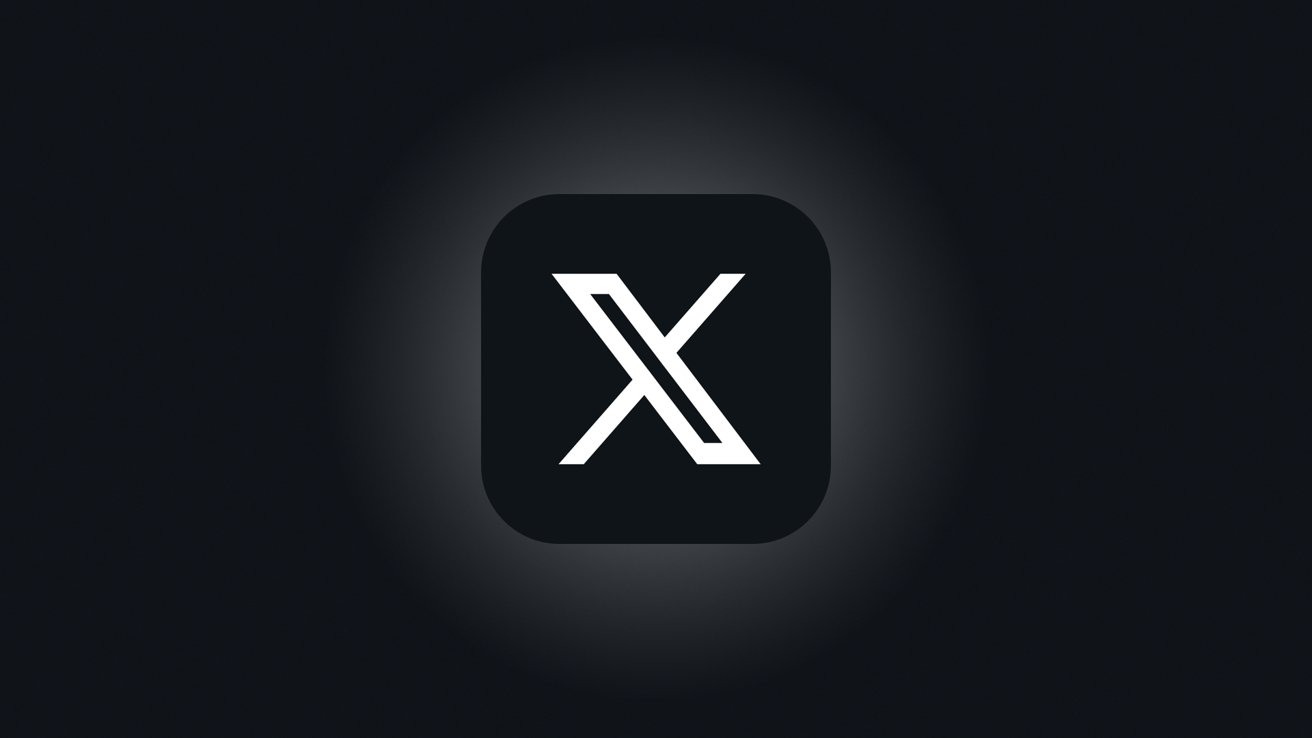Elon Musk wants Apple to bend more App Store rules for X
An X post from Elon Musk tells creators he'd like to give them more money, but Apple's 30% App Store commission prevents that. He hopes a conversation with CEO Tim Cook will change things.

The app formerly known as Twitter
Apple's controversial 30% take makes the headlines regularly, and today Elon Musk wants the spotlight. He hopes to talk with Apple CEO Tim Cook about adjusting how the company calculates its 30% commission, specifically for X creators.
According to the post, Musk says X will not take a percentage of creators' income until their payout exceeds $100k. After that, the company would take 10%.
The original policy of one free year is still in place. So, the $100k rule goes into effect after that.
There's just one pesky problem -- Apple. Any in-app purchase made on the platform will take up to 30% commission for Apple. Musk would like Apple to change that to taking the commission as usual, but only on money paid to X, not the artist.
Super Important to Support Creators!
If you can afford it, please subscribe to as many creators on this platform as you find interesting.
People from every corner of the world post incredible content on , but often live in tough circumstances, where even a few hundred-- Elon Musk (@elonmusk)
Since X is a company that earns more than $1 million per year, its default commission to Apple is 30% per transaction. However, since super follows are subscriptions, anyone who holds onto a subscription for more than a year will only have a 15% commission on that specific payment.
Musk isn't the first and won't be the last to want Apple to rethink its commission system. Some would prefer no commission or the ability to bypass Apple's payment platform entirely.
Try as he might, Musk likely won't be the one to bend Apple's will on this. Epic Games famously took Apple to court and lost on this exact issue. The only way to avoid Apple's commission is to prevent iPhone app users from subscribing in the app and instead only allow subscriptions to take place on the web.
Read on AppleInsider

Comments
Meanwhile he would love to lower the prices of Tesla....
Like most media headlines. The controversy here is not Apple it is all the people like Musk who bring it in the headline to suit their own agenda that is not in the consumer interest.
What a maroon.
Say an app lets users host artwork similar to ArtStation and allows other users to tip the artists. The app developer is the one who gets the aggregate revenue but they are then paying those tips out to each artist separately.
If 10,000 artists each received $200 in tips, this would cross Apple's threshold for 30% but the app developer and artists would be making much less than the threshold each.
If Apple had an API where a developer could assign a unique in-app purchase identifier to a purchase button (including proxy payments like in-app currency), they'd know how many separate recipients there were and bill based on the amounts that each recipient was making.
The app developer would have to provide accounting details to prove that they were making the payments they said they were.
Then they could have consistent fees that didn't conflict with other app developers who are keeping 100% of their app revenue. If any developer is caught misusing the in-app purchase identifiers, they can be blocked from selling in the store.
This could apply to apps like Spotify where the musicians are the recipients and would each get a unique identifier. They'd assign subscription payments based on streams to each artist and that can get billed separately. To make accounting easier, any unique user below a threshold like $300/month can get 0% fee. Then 15% up to $1m, 30% over $1m.
The way it works now is if an app developer took in $2m in payments = $200 for 10,000 users and the app developer took a 10% profit, Apple would take 30% of the total, the developer would take 10% and the content creators would get 60% (of $200).
If instead a reseller system tagged each user separately, the app developer would take 10% ($200k) and each creator would get 90% of $200 = $180. Apple would then charge 0% of the $180 for each creator and 15% of the $200k of the app developer.
Amazon is a reseller. Amazon has an app. People can buy things through the app. Does apple get 30%?
Physical goods are different from digital because of margins. Apple's fees are on revenue, charging 30% on physical goods wouldn't be possible. Apple makes 30-40% margin on their own products so they know that charging 30% for physical goods and services wouldn't be viable.
Even though digital content has costs too, the margins can be much higher and there's way more price flexibility. In-app currency can be any price the developer wants. 15% is a reasonable fee for pretty much every digital content developer as is 30% for millionaires/billionaires.
With reseller apps, there's a clearer cost of goods/services that is part of the developer's revenue. A new API can accommodate this business model.